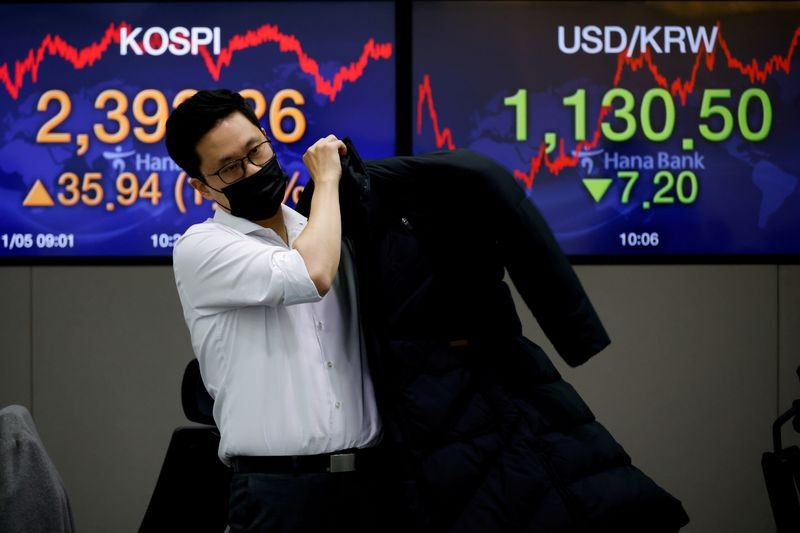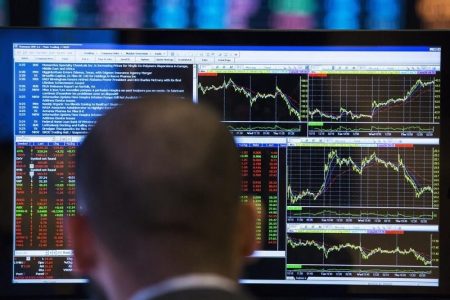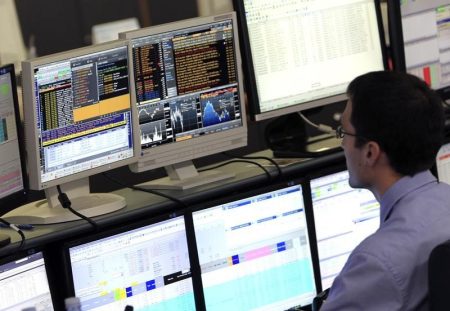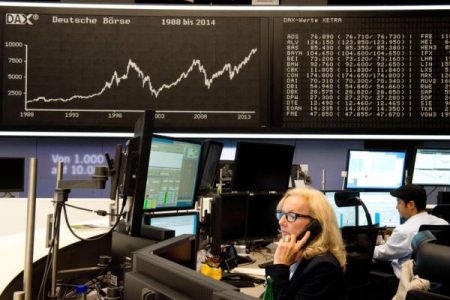© Reuters
Foreign investors have started to reengage with Asian equities in November, following a three-month trend of significant selling. This shift in sentiment is attributed to lessening concerns over aggressive interest rate hikes in developed markets, which has renewed risk appetite. The change comes amid a growing belief that U.S. policy rates may have reached their peak, with potential cuts anticipated as early as May. This expectation follows signs of the Federal Reserve softening its hawkish stance and weaker monthly jobs data.
Asian stock exchanges reported net foreign purchases of $2.05 billion in stocks last week, reversing the trend from October when net sales amounted to $11.16 billion. IG’s market strategist, Yeap Jun Rong, identified a decrease in bearish sentiments, predicting year-end inflows into Asian equities due to an improved risk environment.
, which reached a 16-year high in October due to robust growth forecasts and an expanding fiscal deficit, have fallen around 30 basis points this month. This drop has revived interest in South Korean and Taiwanese stocks, attracting $1.32 billion and $1.22 billion respectively, despite previous outflows.
Vietnam also reported modest foreign buying, but India saw a withdrawal of $377 million by overseas investors. This shift towards Asian equities marks a significant change from the previous months’ trends and reflects a changing global investment landscape due to evolving monetary policy expectations in the U.S.
This article was generated with the support of AI and reviewed by an editor. For more information see our T&C.
Read the full article here
















